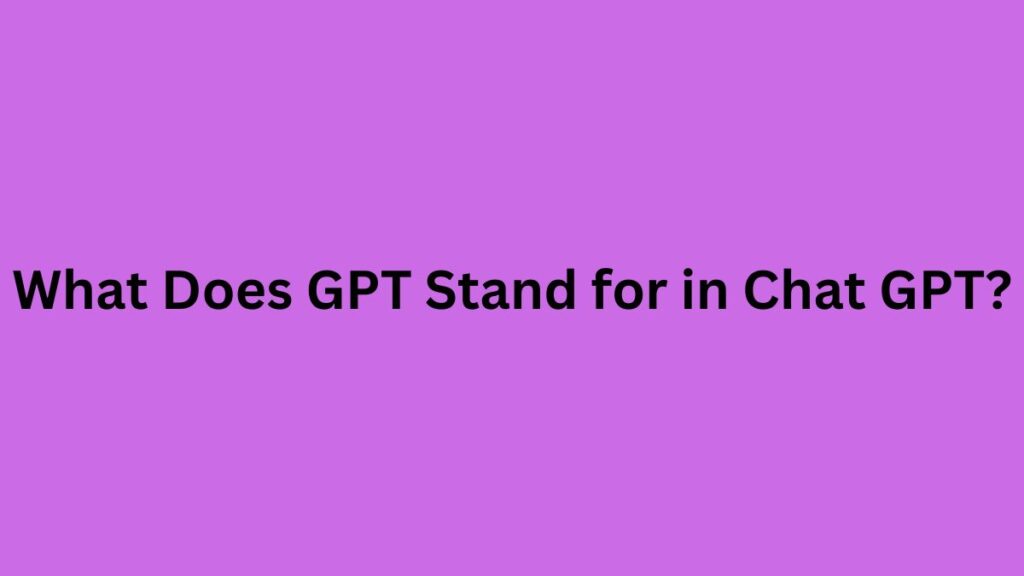To enhance the customer experience, timely responses are crucial. However, this can be challenging with a global audience and different time zones. Traditional rule-based chatbots have limitations in handling complex queries, leading to the rise of AI-powered chatbots. These intelligent bots can understand context, learn from past interactions, and provide 24/7 customer support. They have become brand representatives, offering personalized experiences that customers appreciate.
If you’re considering building a custom chatbot for your website, you’re in the right place. This article showcases 21 innovative chatbot examples from leading brands to inspire your own creation. These chatbots cover various industries and use cases, demonstrating the versatility and effectiveness of AI-powered customer service.
Chatbots, whether rule-based or AI-powered, are designed to interact with humans on websites, providing assistance, answering questions, and guiding users through various processes. While rule-based chatbots operate within predefined parameters, AI chatbots leverage Natural Language Processing (NLP) and Machine Learning (ML) to understand complex queries, extract information, and deliver accurate responses.
E-commerce brands have embraced chatbots to handle customer queries about products, order status, and more. For example, Myntra’s Maya is a personalized fashion assistant that recommends products based on user preferences. Domino’s chatbot facilitates online orders and tracks delivery details. Zouk’s chatbot encourages engagement by offering credits and referral links.
In the healthcare sector, chatbots like UC Health’s Livi and Symptomate provide patients with personalized reminders, symptom analysis, and recommendations for medical care. These chatbots enhance patient engagement and support healthcare providers in delivering efficient services.
Education chatbots like Duolingo’s Max and Grammarly’s AI writing assistant assist learners in language acquisition and writing improvement. These chatbots offer real-time guidance, personalized feedback, and interactive learning experiences.
Human resource chatbots, such as Ehnancv’s AI assistant and Olivia by Paradox, streamline recruitment processes for both recruiters and job seekers. These chatbots automate tasks, answer FAQs, and enhance the overall recruitment experience.
When developing a custom chatbot, it’s essential to understand your audience’s needs, integrate existing data sources, optimize for multiple languages, and prioritize user privacy. By following these strategies and leveraging tools like Botsonic, you can create a tailored chatbot that enhances customer engagement and support.

